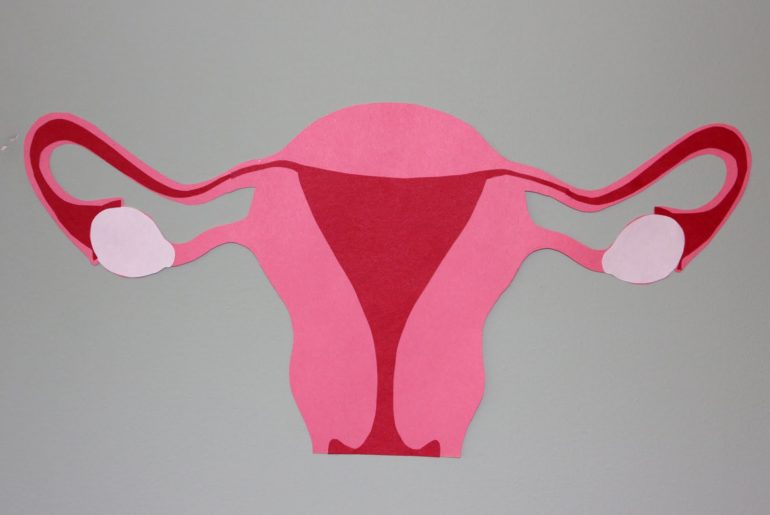Period shaming is a phenomenon that occurs all around the world, aiming to portray the menstrual cycle as something to be hidden and be ashamed of. We often fail to recognize its oppressive nature because of the values that have been instilled in us from the onset of puberty. For example, we must hide our pack of pads at the back of the wardrobe lest our male family members see it. Even chemists cover pads in black polythenes or paper bags, stained bedsheets are hastily thrown away and advertisements for pads imply we bleed a pleasant blue liquid. These practices are, in essence an attempt to deny the existence of periods altogether.
Examples of period shaming include whispered conversations regarding menstruation, using euphemisms such as ‘Aunt Flow’ or ‘time of the month’ to refer to your period, a lack of understanding about complete and personalized menstrual hygiene, and the inherent tendency to hide all things menstruation-related. The taboo around periods hinders healthy discussions about this natural process, and thus may have medical repercussions for those who require special care and assistance with regard to menstruation. Complications can go unreported or even unnoticed by people who lack sufficient knowledge.
For a society that views women mostly as baby-making machines and glorifies motherhood, we do a grossly inadequate job of understanding and teaching the science behind it. Age-old traditions deem women ‘impure’ and restrict their participation in religious activities. Even daily soaps portray menstruating women as unfit for the kitchen. This results in a society where women internalize such oppressive ideas and learn that they are defined by their biological processes. They are robbed of individual agency when others view their bodies as public property to be discussed and policed.
Women and men have recently made news through attempts to break social barriers and destroy the taboo around menstruation. In April 2015, Kiran Gandhi ran a London marathon without any menstrual hygiene products while on her period. She claimed it was to draw attention to the millions of women who cannot access or afford menstrual care. Women in India pinned sanitary pads on trees to end the stigma around periods. A Reddit post by an adult woman detailed how her father had helped her through her first menstrual experience and always kept extra pads and tampons in his car.
While these achievements must be celebrated, we must also recognize the reality of menstruation around the world. Thousands of pubescent girls drop out of school upon getting their period because they lack adequate information and care. Women are banned from partaking in certain activities and touching certain objects while on their period. Without proper hygiene, girls and women are vulnerable, which often leads to them being victims of assault by predatory men. We need to evaluate our educational systems and societal prejudices to ensure our women receive the tools to lead a healthy and free lifestyle.
Feature Image Credits: www.keyword-suggestions.com
Vineeta Rana




Comments are closed.